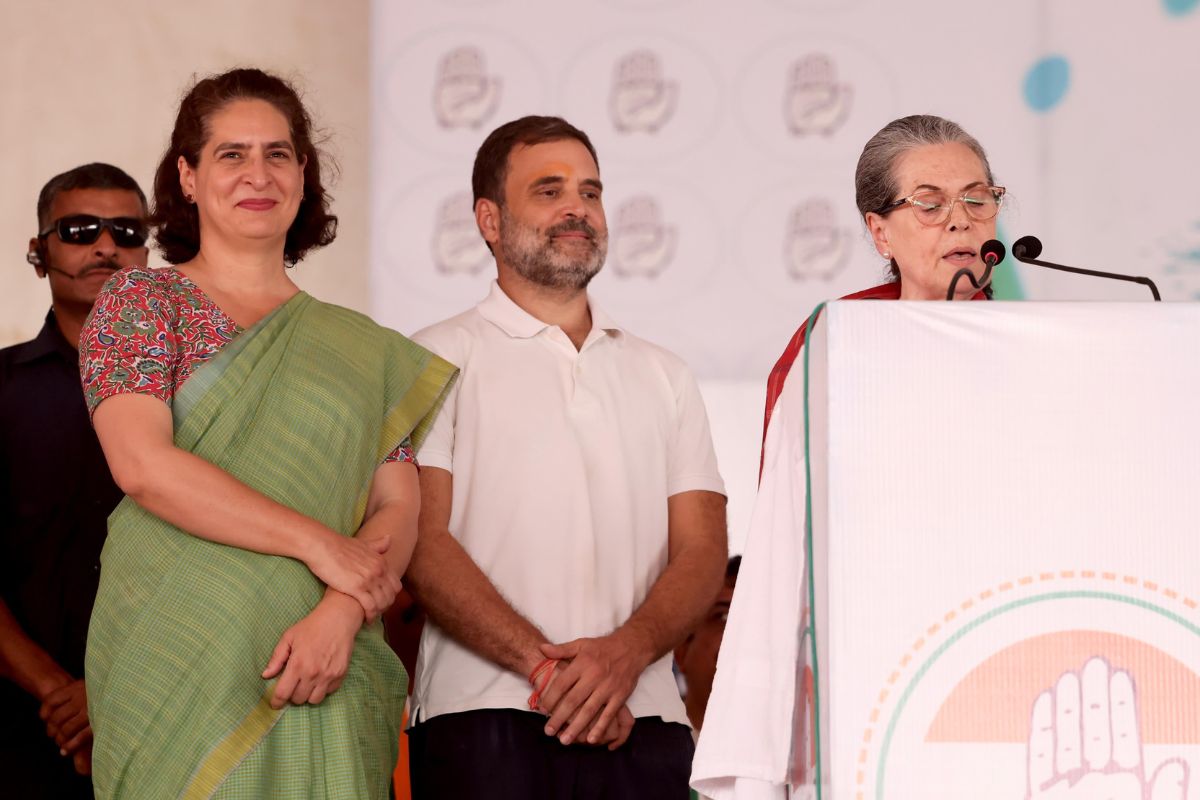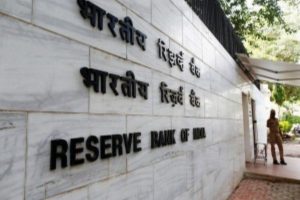As the electoral battleground heats up in Rae Bareli, the speeches delivered by Union Home Minister Amit Shah and Congress general secretary Priyanka Gandhi at their respective rallies in the constituency offer a glimpse into the divergent strategies of the two major political camps.
With Congress scion Rahul Gandhi contesting from this prestigious constituency, the contrasting messages highlight the differing priorities and approaches of their parties. Mr Shah’s address focused on national issues central to the Bharatiya Janata Party (BJP) agenda, such as triple talaq, Article 370, and the Ram temple. By raising these topics, Mr Shah aimed to engage voters on matters of national significance and cultural heritage. His questions to Mr Gandhi about the Uniform Civil Code and surgical strikes emphasised the BJP’s stance on national security and legislative changes. Mr Shah also touched upon developmental promises for Rae Bareli, reflecting the party’s broader vision for progress and governance. In contrast, Ms Gandhi focused on immediate economic and social concerns, hoping they would resonate with everyday challenges faced by the electorate.
Advertisement
She highlighted issues like education, unemployment, and the rising cost of living, emphasising the Congress party’s focus on social welfare and economic relief. Her references to GST on agricultural equipment and farm loan waivers underscored her appeal to rural voters and farmers. Additionally, she pointed to the development work done by Congress in Rae Bareli, positioning the party as a champion of local progress and community well-being. The contrasting approaches of Mr Shah and Ms Gandhi reflect the broader ideological spectrum in Indian politics. While the BJP’s narrative includes both nationalistic themes and promises of development, the Congress campaign prioritises economic issues and social justice.
This dichotomy presents voters with a choice between two visions for Rae Bareli’s future: one emphasising cultural and national identity alongside development, and the other focusing on immediate economic relief and social welfare. As voters in Rae Bareli prepare to cast their ballots during the fifth phase of the general election on May 20, it is crucial to consider the implications of these differing approaches. Both national issues and local economic concerns are significant. Voters must weigh which priorities align best with their aspirations and which candidate they believe will effectively address their needs. Ultimately, the election in Rae Bareli is a microcosm of the larger democratic process, where diverse viewpoints and priorities come together to shape the direction of governance.
Regardless of the outcome, it is incumbent upon political leaders to rise above partisan rhetoric and work towards inclusive growth and development for all sections of society. Moreover, this election underscores the importance of considering both immediate local concerns and broader national issues. It highlights the need for a balanced approach in governance, where policies address economic hardships while also fostering national unity and security. As voters evaluate the promises made by both sides, the emphasis should be on electing leaders who can harmonise these aspects











